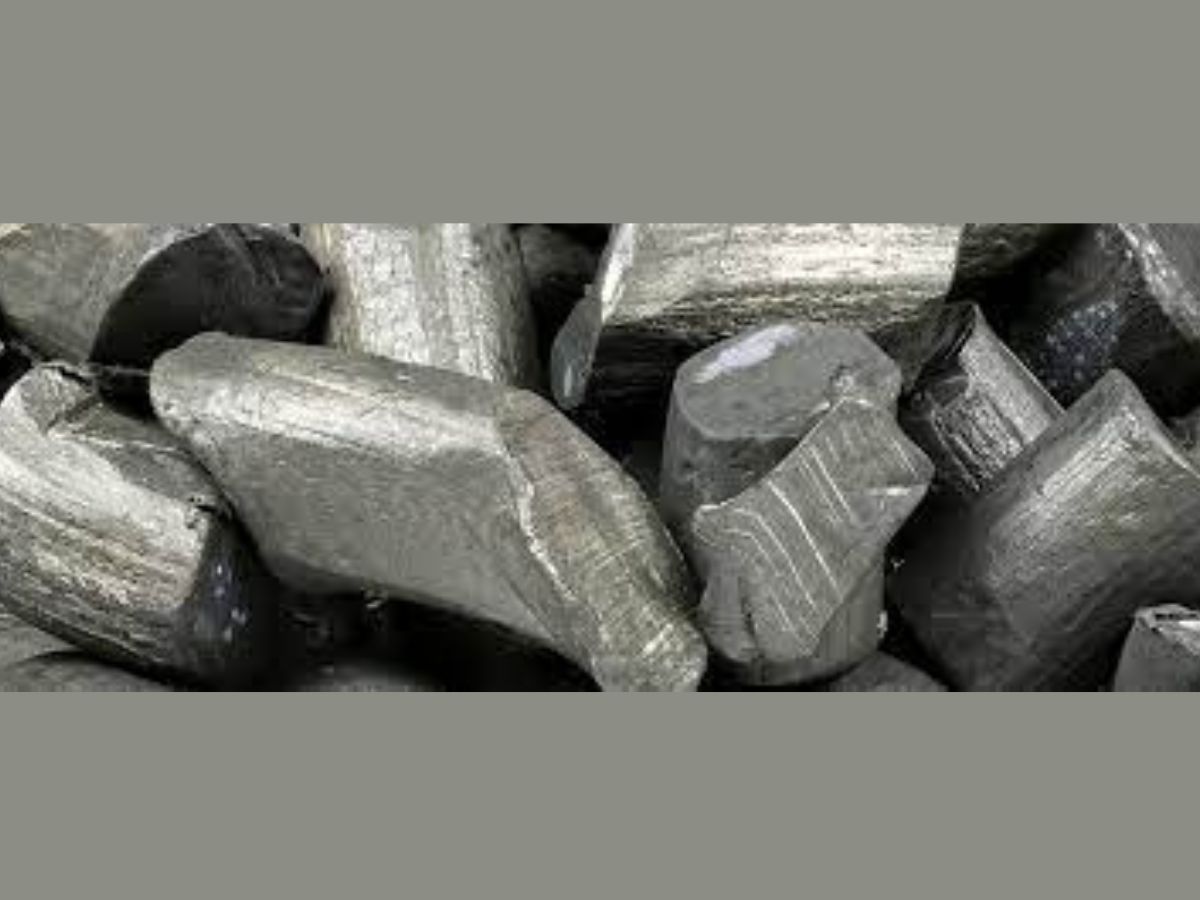India finds a huge reserve of lithium in Jammu and Kashmir
The majority of the world's lithium reserves are located in the lithium triangle, which consists of three countries in South America: Argentina, Bolivia, and Chile

Advertisement
Surat (Gujarat) : If all goes as planned, India won’t have to rely on foreign sources for the crucial non-ferrous metal lithium used in EV batteries. The Geological Survey of India (GSI) is responsible for the discovery of a massive Lithium reserve in the Reasi district of Jammu and Kashmir.
Lithium, nickel, and cobalt are just a few of the minerals that India currently imports. To lessen its reliance on foreign suppliers of the crucial mineral, India’s central government announced that the country had discovered lithium reserves for the first time.
Jammu and Kashmir is the first place in the world where lithium reserves have been found, according to Mines Secretary Vivek Bharadwaj.
In response to a question, Bhardwaj said, “This discovery is a vindication of our efforts. We have re-oriented our exploration measures towards critical and strategic minerals.”
The majority of the world’s lithium reserves are located in the lithium triangle, which consists of three countries in South America: Argentina, Bolivia, and Chile. While other countries struggle to keep up with demand, China has become the world leader in lithium refining and now processes 75% of all lithium.
Earlier statements from the mines ministry indicated that the government was actively pursuing mineral imports from Australia and Argentina, particularly lithium. This is done to strengthen the supply chain of essential minerals used in cutting-edge technologies.
Bharadwaj, speaking at the 62nd Central Geological Programming board meeting, argued that critical minerals are required in every industry, from solar panels to cell phones. He said that if the country wants to become self-sufficient, it must first identify key minerals and then process them.
Since it has a high power-to-weight ratio and can deliver a lot of power while keeping the curb weight of the car low, a lithium battery is the only alternative for electric cars. Not only is it more efficient, but it also functions better in colder and warmer environments. Therefore, it is a more secure and reliable method than alternatives.That is why the Lithium reserves discovery is a big deal since the mineral is a key component in India’s ambition to expand EV penetration by 30% by 2030; as of present, less than 1% of all new cars sold in the nation are electric vehicles.
Advertisement

